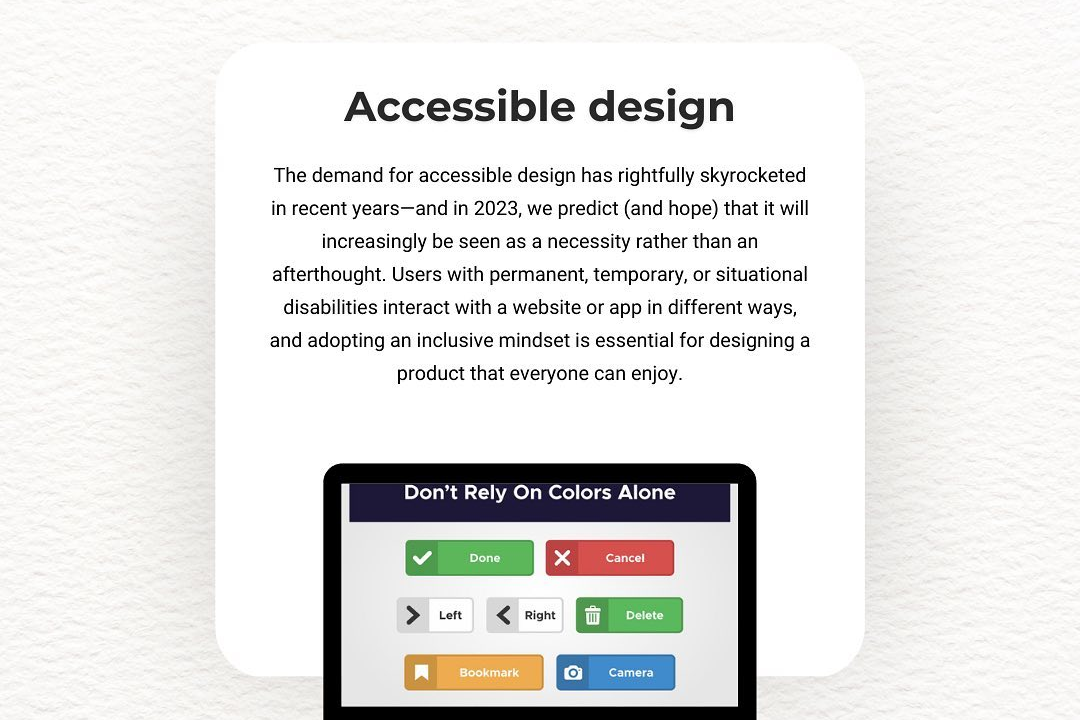Flutter Job Readiness
Preparing for a Career in Flutter Development
Flutter Job Readiness
Flutter job readiness refers to the preparation of individuals to be competent and confident in securing and excelling in roles that involve Flutter, a popular open-source UI software development toolkit created by Google. Being job-ready in Flutter typically encompasses a solid understanding of Dart programming, the ability to design responsive and visually appealing user interfaces, proficiency in state management solutions (such as Provider, Riverpod, or Bloc), and experience with integrating APIs and managing app data. Additionally, familiarity with version control systems like Git, knowledge of the software development lifecycle, and the ability to collaborate in a team environment using agile methodologies are essential. Ultimately, Flutter job readiness equips candidates with the technical skills and practical experience needed to contribute effectively to projects and organizations that leverage Flutter for cross-platform mobile and web application development.
To Download Our Brochure: https://www.justacademy.co/download-brochure-for-free
Message us for more information: +91 9987184296
1 - Introduction to Flutter: Provide an overview of what Flutter is, how it works, and its significance in mobile app development, including the advantages of cross platform development.
2) Setting Up the Development Environment: Guide students through the installation and configuration of Flutter SDK, Dart, and related tools on various operating systems.
3) Understanding Dart Language Basics: Teach the fundamentals of Dart programming language, which is essential for Flutter development. Focus on variables, data types, conditionals, loops, functions, and object oriented principles.
4) Flutter Widgets Deep Dive: Explore the core concept of widgets in Flutter. Explain the difference between stateless and stateful widgets, and demonstrate how to create and customize widgets.
5) Building User Interfaces: Enable students to design and construct responsive UI layouts using Flutter’s layout widgets, such as Container, Column, Row, Stack, and more. Discuss best practices in UI design.
6) State Management Techniques: Introduce various state management solutions in Flutter, including Provider, Riverpod, and Bloc, emphasizing when and why to use each.
7) Networking and APIs: Teach students how to perform network requests in Flutter using packages like `http` or `Dio`. Explain how to parse JSON data and handle API responses effectively.
8) Creating a Complete Application: Guide students in building a fully functioning mobile application from scratch that pulls data from an API, focusing on integrating all learned concepts.
9) Testing and Debugging: Explain the importance of testing and debugging in Flutter. Cover widget testing, unit testing, and integration testing, and introduce debugging tools in the Flutter framework.
10) Navigating with Routes: Teach how to implement navigation between different screens using named routes and the Navigator widget, including passing data between screens.
11) Working with Persistence: Introduce local data storage methods such as Shared Preferences and SQLite, enabling students to save user data and application state.
12) Deployment to App Stores: Cover the steps needed to prepare and deploy Flutter applications to both the Android Play Store and Apple App Store, including code signing and app submission.
13) Performance Optimization: Discuss techniques for optimizing Flutter applications for better performance, including lazy loading, efficient widget building, and minimizing rebuilds.
14) Understanding Flutter Ecosystem: Familiarize students with the Flutter ecosystem, including popular packages and plugins available on pub.dev that can enhance app functionality.
15) Portfolio Development: Guide students in creating a robust portfolio showcasing their Flutter projects, emphasizing the importance of presenting their work to potential employers.
16) Interview Preparation: Conduct mock interviews focusing on common Flutter related questions, practical tests, and coding challenges to prepare students for real world job scenarios.
17) Career Opportunities in Flutter: Discuss various career paths available for Flutter developers, including freelance opportunities, full time roles, and the potential for remote work.
18) Networking and Community Engagement: Encourage students to join Flutter communities, attend meetups, or engage in online forums to build a network that can lead to job opportunities.
19) Soft Skills Development: Highlight the importance of communication, teamwork, and problem solving skills for career advancement in technology fields, incorporating exercises to enhance these skills.
By offering this comprehensive training program, students can effectively prepare for a career in Flutter development and become job ready upon completion.
Browse our course links : https://www.justacademy.co/all-courses
To Join our FREE DEMO Session: Click Here
Contact Us for more info:
data analytics courses in chandigarh
NodeJS Certification Course
core java training institutes in chennai
Android Training Centers Narsipatnam
Java For Business Applications Mumbai











